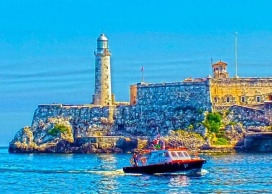
Havana ephemeris. September, 17th
1861. Manuel de la Cruz is born in Havana.
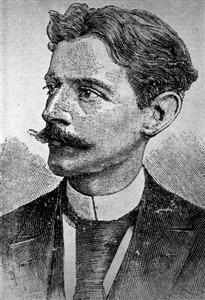
He did his first studies at the San Anacleto school in Havana, the same school where José Martí had studied years before. His parents advocated the independence of Cuba, which had a notable influence on his formation.
Qualified as the mambí of letters, he was a Cuban journalist, writer and literary critic. He wrote the book Episodes of the Cuban Revolution, whose first edition was in 1892, which opportunely coincided with the preparatory period of the new War of Independence of 1895. With his books and works he managed to awaken the conscience of the men and women who followed José Marti.
His death occurred in New York City, United States, on February 19, 1896.
1879. José Martí is arrested in Havana.

Just over a year earlier he had managed to return to Cuba, after a long period of absence, since in 1871 he had been exiled after having suffered political imprisonment and forced labor. Since his return to his homeland, Martí had made clear his desire to make his contribution in everything related to the reorganization of the struggle for Cuban independence.
Martí was precisely arrested because the Spanish authorities suspected that he was conspiring together with other Cuban patriots.
1893. The first game of Cuban José Raúl Capablanca takes place in the Havana Chess Club, when he was only 5 years old, against Ramón Iglesias.

Over the years, Capablanca became Grand Master and World Chess Champion.
He became known as "The Chess Playing Machine". In his career he accumulated a total of 302 wins, 246 draws and 35 losses.
He has been the only world chess champion that Cuba has had.
1912. José Martín Varona dies in Havana..
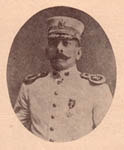
He became a notable composer of zarzuelas, songs and piano works and also performed the functions of Director of orchestras and military bands.
He was a professor at the Municipal Conservatory of Havana, a member of the National Academy of Arts and Letters and president for several years of its Music Section. He wrote a "Complete Treatise on Music Theory".
Eduardo Sánchez de Fuentes in a work that he published in the magazine Música stated: ““As a composer, he approached Martín Varona different genres, since he wrote works for voice and piano, works for band, zarzuelas and operettas; from the happy parade, of Spanish origin, and the melancholy Cuban song, to the military overture for a big band; but it is undeniable that it was the popular songs of our beloved land that he cultivated with the greatest success.”
His birth took place in the city of Camagüey on March 10, 1859.
1966. Commander in Chief Fidel Castro delivers a speech at the closing of the meeting of monitors held at the Chaplin Theater, today the Karl Marx Theater, in Havana.

He pointed out: “The task of promoting the Revolution has fallen to us, and within the Revolution the most sacred of all our obligations was how we were going to train the new generation of our people, how we were going to train our young people and our children. . And we have been aware, from the very beginning of the Revolution, that we would succeed in this great historical task to the same extent that we were able to solve the problem of training the new generations well.”
2008. Cuban filmmaker Humberto Solás dies in Havana.
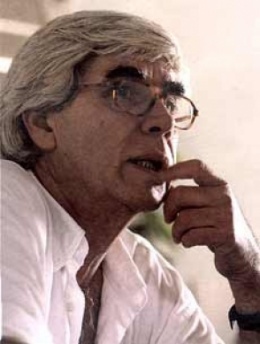
He became an emblematic figure of Cuban cinema and of Spanish-speaking cinematography. He was the director of very significant films that received various international awards, including Lucía, El Siglo de las Luces, Cecilia, A successful man, Barrio Cuba and Miel para Oshun. He was also the founder of the New Latin American Cinema Movement. He also created and presided over the International Low-Budget Film Festival until his death, a project that aimed to motivate and promote creative, low-budget cinema, away from the dominant commercial paths in international cinematography.
For his meritorious work, he was awarded the National Film Award in 2005.
His birth took place in the Cuban capital on December 4, 1941.
2012. Armando Suárez del Villar dies in Havana.
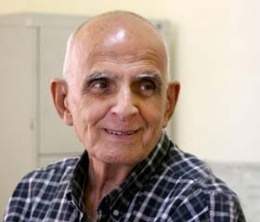
Born in the city of Cienfuegos, he was the founder, like his father, of the Ateneo Group and later, together with Isabel and Alberto Panelo, of the Cienfuegos Dramatic Ensemble. In his province he staged bufo plays that accredited him as passionate about the Cuban identity. He devoted a lot of time to the theater of the nineteenth century in his investigations. He had a contemporary vision for his renewing era, by staging works by different authors of that period.
Dedicated for many years to the training of actors and singers, he transformed the classrooms of the Higher Institute of Art into his true home. His passion for Cuban dramaturgy and lyrical theater kept him very active throughout his existence.